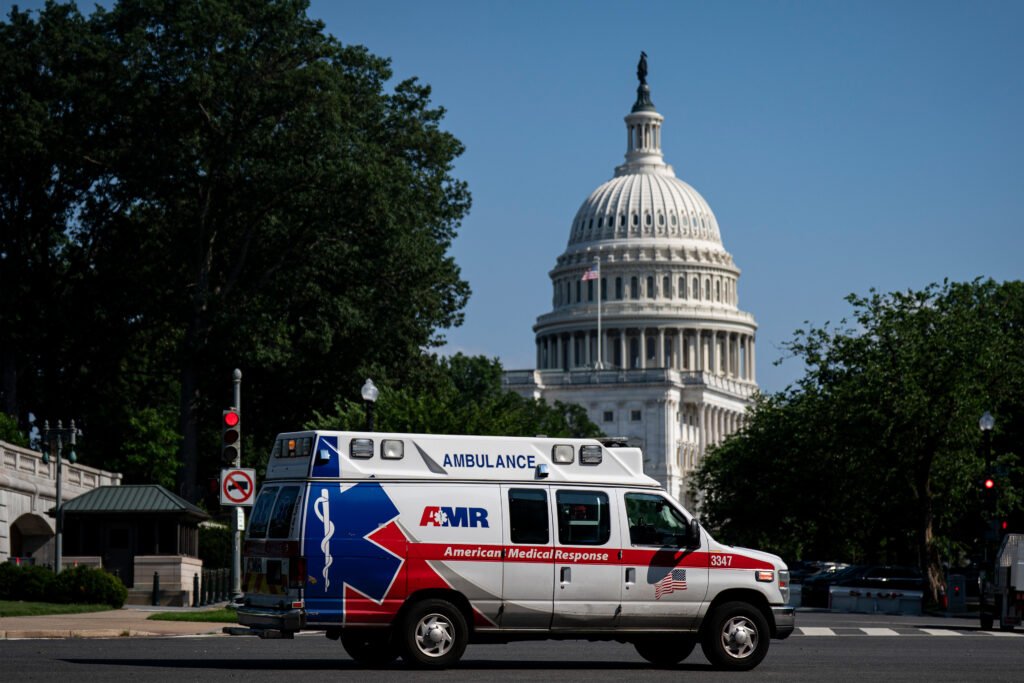President Donald Trump’s recent legislation, known as the “One Big Beautiful Bill,” has raised concerns among health care experts and policymakers. The bill aims to reduce federal spending on Medicaid and Affordable Care Act (ACA) marketplaces by approximately $1 trillion over the next decade. This significant cut in funding could potentially jeopardize the health and financial stability of millions of Americans, according to the nonpartisan Congressional Budget Office.
The proposed bill, which was passed by the Senate, has sparked debates and discussions about its potential impact on health care access in the country. The bill could potentially reverse many of the health coverage gains made during the Biden and Obama administrations, which aimed to make health care more accessible to millions of Americans and reduce the uninsured rate to record lows.
The Congressional Budget Office estimates that the Senate’s plan to slash funding for Medicaid and ACA marketplaces could result in nearly 12 million more people being uninsured by the year 2034. This could have detrimental effects on hospitals, nursing homes, and community health centers, as they may have to bear the burden of treating uninsured individuals, potentially leading to service reductions, layoffs, and facility closures.
As the legislation moves closer to President Trump’s desk, it is crucial for both the Senate and House to approve the same version of the bill. The House has already passed its own version in May and is expected to consider the Senate’s version soon.
The proposed changes in the GOP’s plans could have significant implications for health care access in the country. Here are five ways in which the legislation may affect health care access:
- Medicaid Work Requirements: The bill includes a proposed Medicaid work requirement, which could result in coverage being cut off for millions of enrollees who do not meet the new employment or reporting standards. This requirement, if implemented, could have administrative challenges and may not significantly impact employment rates among Medicaid enrollees.
- Impact on Rural Communities: The bill could lead to reduced health services, medical professionals, and hospitals in rural communities, as it curtails practices such as provider taxes that support Medicaid payments to health care providers.
- Changes to ACA Coverage: The GOP plan could make it harder for individuals with ACA marketplace coverage to enroll and retain their plans, with requirements for annual updates of information and shorter open enrollment periods.
- Increased Out-of-Pocket Costs: Many Medicaid enrollees may face higher out-of-pocket costs for medical appointments under the proposed legislation, potentially discouraging low-income individuals from seeking necessary care.
- Impact on Lawfully Present Immigrants: The bill could result in hundreds of thousands of lawfully present immigrants losing their ACA marketplace coverage by cutting off subsidies, which could lead to higher premiums and a sicker population of marketplace enrollees.
The proposed legislation reflects the Trump administration’s restrictive approach to health care and immigration. It is essential for policymakers to carefully consider the potential consequences of these changes on health care access and affordability for millions of Americans.


